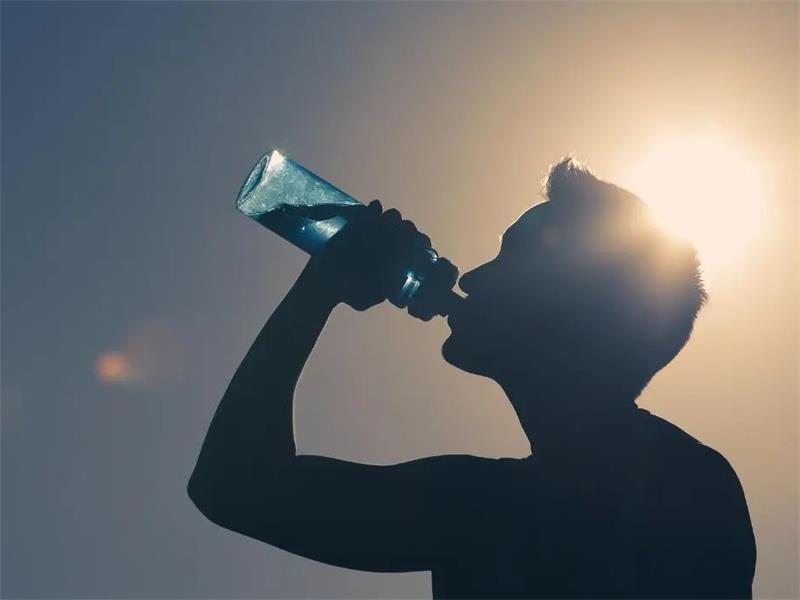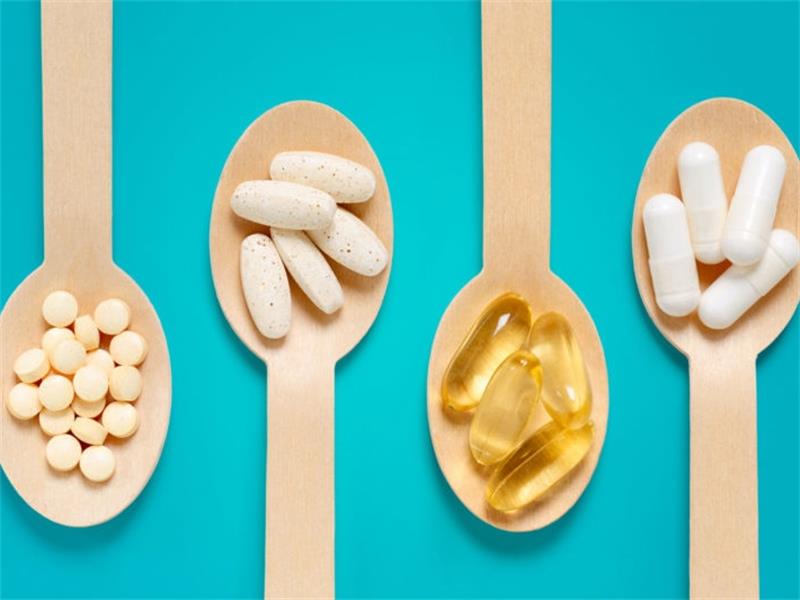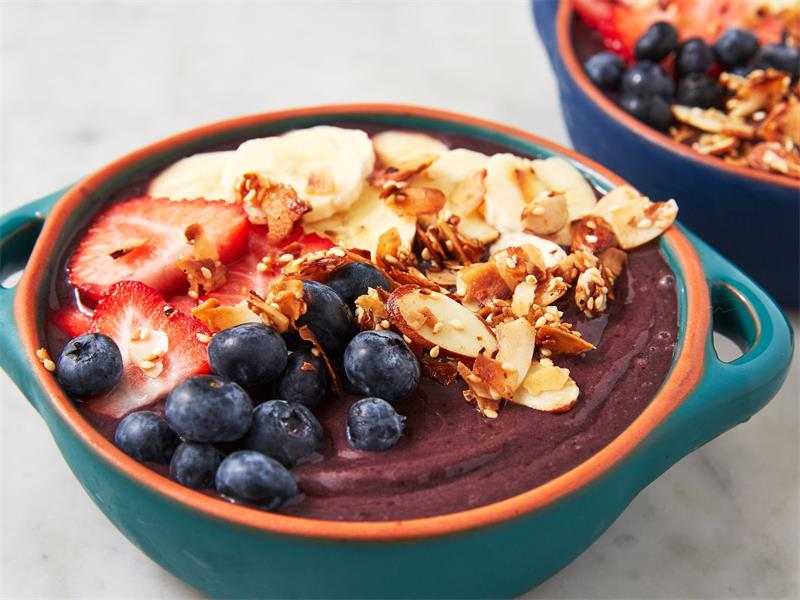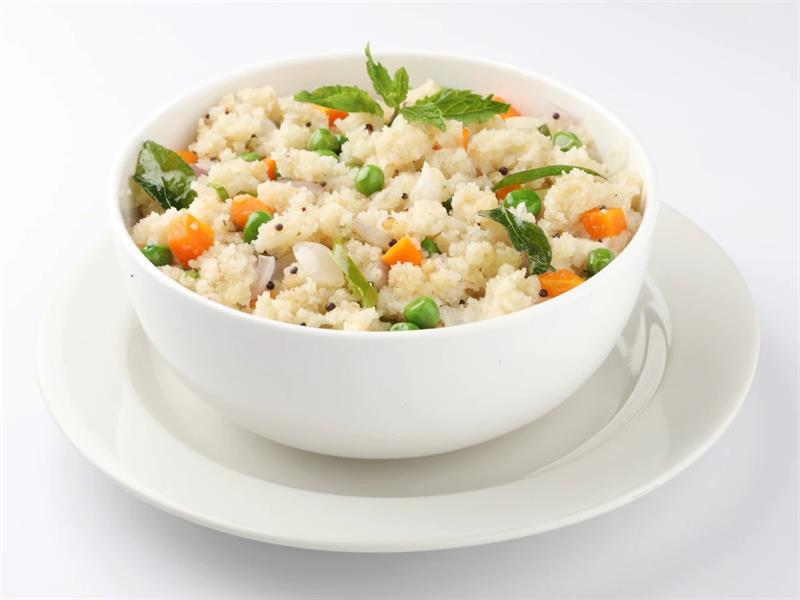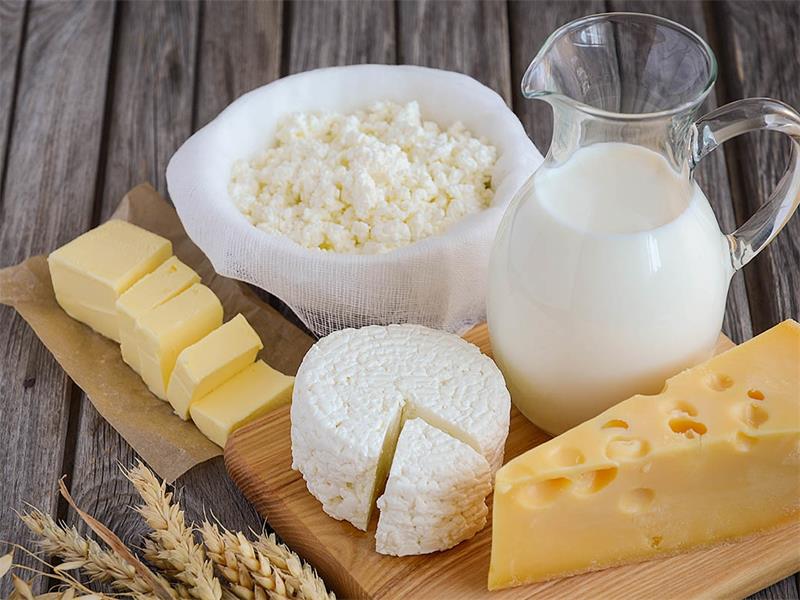Contents
The Importance of Staying Hydrated
Staying hydrated is essential for the proper functioning of our bodies. Water is the primary component of our cells, tissues, and organs. It helps regulate body temperature, transport nutrients, remove waste, and lubricate joints.
Without enough water in our bodies, we can experience a range of negative health effects. Dehydration occurs when the body loses more water than it takes in.
We lose water every day through sweating, breathing, and urination. If we don’t replace this lost fluid by drinking enough water or consuming foods that are high in water content, we can become dehydrated.
The symptoms of dehydration include thirst, dry mouth and throat, dark urine, fatigue, dizziness or lightheadedness when standing up or sitting down quickly. If left untreated for too long dehydration can lead to more severe symptoms such as a rapid heartbeat or low blood pressure.
How Drinking Water Benefits The Body
Drinking water benefits your body in numerous ways beyond just quenching your thirst. When you drink enough water your skin looks healthier because hydration helps to plump up skin cells thereby reducing wrinkles and fine lines and giving you a youthful glow.
Water also plays an important role in digestion by keeping things moving smoothly through your digestive system helping with regular bowel movements which are essential to overall health. Drinking enough water also helps to boost your immune system by flushing out toxins from your body while transporting nutrients to where they’re needed most effectively aiding the immune system in fighting off infections and illnesses.
Health Benefits of Drinking Water
Improved Digestion and Metabolism
Drinking water can improve your digestion by helping your body break down food and move it through your digestive tract. Water helps to soften stools, making them easier to pass, which can reduce constipation.
It also helps to flush out toxins from your body. When you are dehydrated, your body may hold onto excess waste and toxins, leading to bloating, gas, and irritation in the gut.
Staying hydrated can help alleviate these symptoms. In addition, drinking water can boost your metabolism.
Studies have shown that drinking water increases the number of calories burned at rest (known as resting energy expenditure) for up to 90 minutes after consumption. This means that simply by drinking more water throughout the day, you could be helping your body burn more calories overall.
Boosted Immune System
Drinking enough water is crucial for maintaining a healthy immune system. When you are dehydrated, it puts stress on all of your body’s systems—including your immune system—which can make you more susceptible to illness and disease.
Water helps carry oxygen and nutrients throughout the body while also flushing out waste products and toxins that could weaken the immune system. In addition, staying hydrated plays a key role in maintaining mucus membranes in good condition so they can trap bacteria before it enters the rest of the body.
Reduced Risk of Kidney Stones
Kidney stones form when there is an imbalance of minerals and fluids in urine. One way to prevent kidney stones from forming is by staying hydrated! Drinking plenty of fluids will help dilute urine and reduce mineral buildup in the kidneys.
Studies have shown that people who drink enough water each day have a lower risk of developing kidney stones than those who don’t drink enough water. In fact, even just drinking an extra liter of water per day can reduce your risk of kidney stones by up to 50%.
Clearer Skin
Drinking water can also help improve the appearance of your skin. When you are dehydrated, your skin may look dry, dull, and even flaky.
By staying hydrated, you can help maintain a healthy moisture balance in the skin and improve its overall appearance. In addition, drinking water can flush out toxins from the body that may contribute to acne and other skin issues.
This is because when toxins build up in the body, they can cause inflammation which can lead to breakouts or other skin irritations. Drinking enough water each day helps to flush out these toxins so they don’t have a chance to harm the skin.
Mental Benefits of Staying Hydrated
Increased Focus and Productivity
Did you know that staying hydrated can help improve your focus and productivity? When you’re dehydrated, your brain can’t function at its highest capacity.
This means you may have trouble concentrating, remembering things, or processing information. Drinking enough water helps to keep your brain performing at its best.
It ensures that the messages between neurons are transmitted effectively, resulting in clear thinking and quick decision-making. This is especially important for people who need to be highly focused on their work or studies.
Reduced Fatigue and Headaches
If you often feel tired or experience headaches during the day, it could be a sign of dehydration. When you’re dehydrated, your body has to work harder to perform everyday tasks.
This can lead to feelings of fatigue and exhaustion. Drinking enough water can help reduce these symptoms.
By staying hydrated, your body has the energy it needs to function properly. Plus, water helps flush toxins out of your body which can contribute to headaches.
Improved Mood
Believe it or not, drinking water can even help improve your mood! Studies have shown that even mild dehydration can affect our mood negatively and cause irritability and confusion.
By drinking enough water throughout the day, we are more likely to maintain a positive outlook on life and feel good about ourselves! So if you’re feeling down or grumpy for no apparent reason – try drinking a glass of water!
How Much Water Should You Drink?
Drinking enough water is crucial for staying hydrated and maintaining optimal health. However, the amount of water you need to drink daily varies depending on several factors, including your age, gender, and activity level.
So, how much water should you be drinking? Let’s break it down.
General Guidelines:
In general, the National Academies of Sciences, Engineering, and Medicine recommend that women consume 2.7 liters (91 ounces) of water per day and men consume 3.7 liters (125 ounces) of water per day. These recommendations include all fluids consumed throughout the day, not just pure water.
However, keep in mind that this is just a general guideline and your individual needs may vary based on your body weight and activity level. For example, athletes or those who engage in strenuous physical activity may require more fluids to replenish what they lose through sweating.
Tips for Tracking Water Consumption:
One of the best ways to ensure you’re drinking enough water is by tracking your daily intake. Here are a few tips to help you keep track:
– Use a reusable water bottle with volume marks – this will help you monitor how much water you’ve consumed throughout the day – Set reminders on your phone or computer to prompt you to drink water at regular intervals
– Use a hydration app that tracks your intake and reminds you when it’s time to drink more Remember that everyone’s hydration needs are different – listen to your body and adjust your fluid intake accordingly.
Conclusion
Staying hydrated is critical for optimal health and well-being. The amount of water you need to drink every day depends on several factors such as age, gender, body weight and activity level.
Following these general guidelines can be helpful but listening to your own body is key when it comes to drinking enough fluids. Using the tips outlined above can assist you in tracking your water intake, helping you to stay refreshed and healthy throughout the day.
Creative Ways to Stay Hydrated
Infused Water Recipes to Add Flavor and Nutrients
Drinking plain water can get boring after a while, but adding some flavorful ingredients can make it more enjoyable. Infused water is a great way to add flavor without any added calories or sugar.
Simply add your favorite fruits, vegetables, and herbs to a pitcher of water and let it sit for a few hours in the fridge. The longer the ingredients sit in the water, the stronger the flavor will be.
Some great infused water recipes include lemon and cucumber, strawberry and basil, or even jalapeno for a spicy kick. Not only do infused waters taste great, but they also provide additional nutrients like vitamins and antioxidants from the added fruits and vegetables.
Foods with High Water Content to Incorporate into Your Diet
Staying hydrated doesn’t just come from drinking fluids – it can also come from eating foods with high water content. Some great options include fruits like watermelon, strawberries, oranges, and grapes. Vegetables like cucumber, lettuce, celery, and zucchini are also high in water content.
Incorporating these foods into your diet not only helps you stay hydrated but also provides additional nutrients like fiber and vitamins. Try making a refreshing salad with cucumbers and lettuce or snacking on some juicy slices of watermelon throughout the day.
Fun Hydration Challenges to Motivate Yourself
Staying hydrated can sometimes feel like a chore or something that’s easy to forget about throughout the day. One way to motivate yourself is by participating in hydration challenges with friends or coworkers.
Some ideas include setting daily goals for how much water you want to drink each day or even tracking your daily intake on an app like MyFitnessPal. You could also create a friendly competition with others by seeing who can drink the most water throughout the day or week.
By making hydration a fun and interactive activity, it becomes easier to remember and maintain throughout the day. Plus, staying hydrated can lead to increased energy, better focus, and improved overall health.
The Dangers of Dehydration
Dehydration occurs when the body loses more fluids than it takes in. It can occur for a variety of reasons such as not drinking enough water, sweating too much, or vomiting/diarrhea.
The human body is made up of 60% water and hydration is essential for the basic functioning of our organs. When we become dehydrated, our bodies can experience negative effects such as fatigue, headaches, and dizziness.
Symptoms and Effects on the Body When Dehydrated
The symptoms of dehydration vary depending on the severity level. In mild cases, you may experience dry mouth and throat, dark yellow urine, or decreased urine output.
Severe dehydration may cause more severe symptoms such as rapid heartbeat, sunken eyes, confusion, or even seizures. In addition to these physical symptoms, dehydration can also have negative effects on the body’s overall performance and efficiency.
This includes reduced cognitive function such as difficulty concentrating or making decisions. Dehydration can also lead to muscle weakness and cramping due to the lack of fluids necessary for optimal muscle function.
The Importance of Recognizing Signs of Dehydration
Recognizing early signs of dehydration is critical in preventing severe cases that could lead to serious complications like heat exhaustion or even heat stroke. If you’re feeling thirsty or have any other signs like dry mouth or dark urine coloration; then it’s time to take action.
It’s important to note that thirst is not always the best indicator of hydration since many people can be slightly dehydrated without experiencing thirst at all! That’s why it’s recommended that you make an effort to drink enough water throughout the day even if you don’t feel thirsty.
The bottom line is that staying hydrated isn’t just a matter of comfort but also one that affects your overall health in many different ways! By being aware of the signs and symptoms of dehydration, you can take the necessary precautions to stay safe and healthy.
Conclusion
As we’ve discussed, drinking water and staying hydrated offer numerous benefits for our physical and mental health. Not only does it keep our body functioning properly, but it also affects our overall mood and productivity. It’s important to remember the recommended daily intake of water varies depending on age, gender, and activity level.
But as a general rule of thumb, aim to drink at least eight 8-ounce glasses of water a day. There are plenty of creative ways to stay hydrated such as trying infused water recipes or eating foods with high water content like cucumbers or watermelon.
You can even challenge yourself to drink a certain amount of water each day or purchase a reusable bottle that tracks your daily intake. Drinking adequate amounts of water is crucial for maintaining good health.
By making small changes in your daily routine to ensure you’re getting enough fluids, you can improve your digestive system, boost your immune system, keep your skin clear and healthy-looking, increase focus and productivity, reduce fatigue and headaches while warding off dehydration symptoms. So grab a glass or refill that bottle – stay hydrated and reap the benefits!

